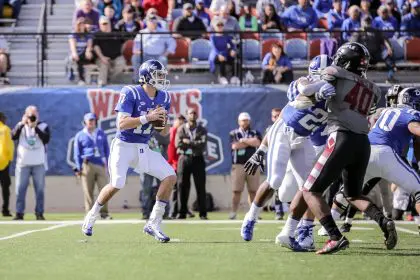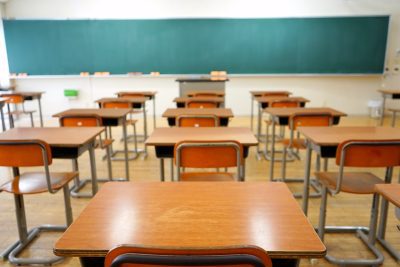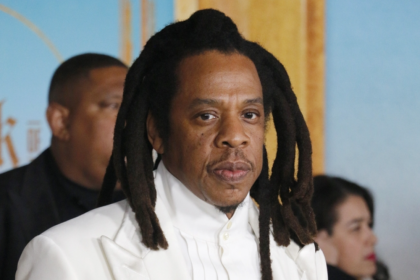
Educators are not raceless, genderless instruments conveying knowledge to raceless, genderless pupils; educators bring their culture, personality and life experiences to the classroom every day, as do their pupils. In fact, the most effective educators incorporate all aspects of their humanity into the academic experience and invite their students to do the same. This type of holistic education has the ability to produce a critically thinking, socially responsible and well-adjusted American citizenry, which standardized testing cannot. Unfortunately, the culture, personality and life experiences of all educators are not embraced.
I was a teacher for 12 years. Correction: I was a Black male teacher for 12 years on Chicago’s South Side. While the educational system seems to be tripping over itself to place Black males in classrooms in front of Black students, especially Black boys, there was one fact my 12-year teaching career taught me: BLACK MALE TEACHERS MAY BE WANTED, BUT WE ARE NOT WELCOME.
According to The National Center for Education Statistics, the overwhelming majority of America’s K-12 public school educators are Caucasian and female. This has created an educational culture accustomed to communicating, teaching and operating from a myopic perspective. Caucasian female privilege is the foundation upon which the K-12 public American educational system is currently built. That educational system simultaneously rejects Black boys and Black male teachers for being round pegs unable to function in a Caucasian female square environment. As long as Black boys sit quietly and accept passively an education that does not address their intellectual or social needs, they will be welcome; as long as Black male teachers serve silently as symbolic representations of racial progress and equity, we are welcome. The moment either group attempts to implement ideas, philosophies or curriculum based on their own culture, personality and life experiences, both groups encounter extreme hostility from a Caucasian female-dominated educational system.
I have attended countless professional developments about educating Black students led by Caucasian female educational experts. These sessions reveal a central problem in the world of education: Too many Caucasian female educators truly believe they understand Black children as well as, if not better than, Black educators do. So, instead of all teachers collaborating on equal footing, Black teachers are reduced to seeking the approval of their Caucasian female colleagues when they put forth ideas regarding the education of Black students. Caucasian female privilege in education has robbed many Caucasian female educators of any semblance of humility, which prevents them from learning from their Black colleagues and forces their Black colleagues to navigate around them to provide Black students with a proper education.
During my years as a teacher, I found it difficult to navigate the minefield that is working with Caucasian female teachers because that minefield requires a certain level of racial dishonesty for survival. An unwritten rule for Black teachers, and especially for Black male teachers, is that we must do everything in our power to never make our Caucasian female colleagues feel uncomfortable about their racial ignorance. No matter how racially egregious the words or actions of Caucasian female teachers were, they were supposed to be excused because their hearts were in the right place for choosing to teach in the “hood.” This rule simply nurtured the racial ignorance that numerous Caucasian female teachers, who have little to no in-depth interaction with Black people outside of work, had never been challenged to confront.
For Black males considering a teaching career, I want you to understand that your greatest obstacle to serving our community in the classroom will not be negative student behavior or parental interference. You need to be prepared to deal with an educational system that will treat you like an interloper if you try to be substantive and not just symbolic; stress the importance of Black identity; or challenge the racial ignorance of your colleagues.










